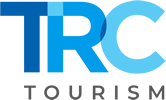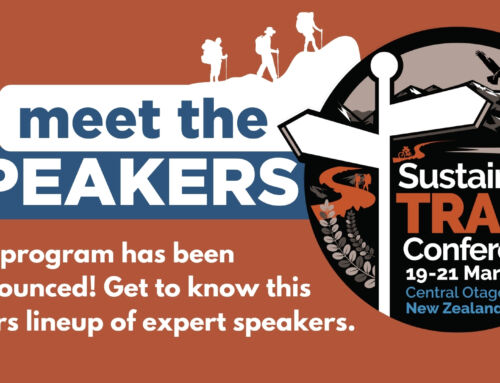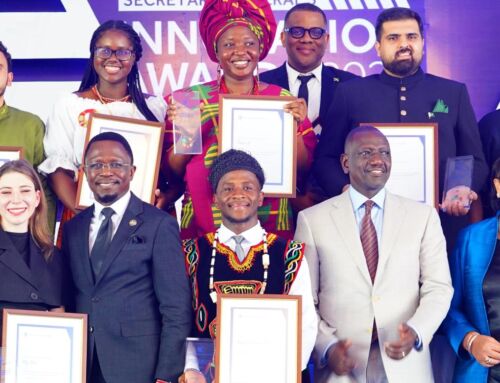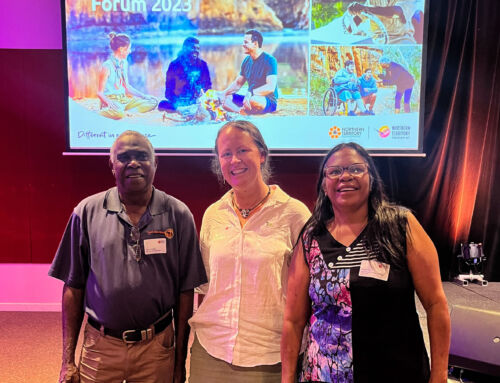Alli Anderson | Specialist Consultant
One of the very best things about working in tourism is encountering people who are in the middle of having incredible experiences. Designing and developing tourism strategies is so much easier when you have a clear insight into what makes these experiences incredible and what, perhaps, doesn’t.
A lot of tourism research these days relies on panel research – where people are paid to complete surveys by a third-party company who have thousands of people on their books and who already meet a specific set of criteria, such as people who have travelled in the past year, or people who enjoy mountain biking recreationally. This is hugely cost effective and can net you thousands of respondents across the country in a short period of time, but certain tourism planning projects simply can’t have their burning questions answered by this methodology.
Sometimes, old school is best: loading up the clipboards and chatting to people about their experiences. Surveying is something that many people avoid doing – it’s often uncomfortable, time consuming, and hard to plan, as well as providing the stresses of designing a research project that makes sense from beginning to end so the outputs provide real insight. It is a science.
Thankfully that science is one of our specialties and came in very handy in our recent work in Cape York Peninsula with Cape York Partnership, seeking out ways in which the local communities can engage with visitors when they are there. We needed to know what types of experiences people were having compared with what they expected, and what other types of experiences they might be interested in having if given the opportunity. We were also looking to understand the makeup of the market, and to better understand where there might be opportunities to improve engagement with the existing market or expand it.
The research itself was hugely productive – not only did we gather around 200 surveys over the five-day period (mostly credited to Val the super surveyor who would survey a fish if it looked at her sideways), but we engaged in some fascinating conversations with visitors and locals. These conversations gave texture to our findings that we would not have received if we paid other people to do the research or went out to a panel. We learned that many people making the trip see it as a ‘bucket list’ item – the trip of a lifetime – not just a quick dash in some spare time, but often the product of months or years of planning, a journey of discovery, exploration, healing, celebrating and even grieving.
To gather responses from outside the time window we were there, we collected another group of responses through the 15+ online Facebook forums dedicated to sharing information about where and when to go, what to take, where to stay, and everything else you can think of. It turns out that this is the main way people gather information about travelling to the Cape. It also yielded some valuable insights and provided us with a sample that we can draw meaningful conclusions from to build a plan that will work.
This project in many ways restored my faith in the importance of tourism. Not only did it remind me how much I love talking to people while they’re on holiday, but also how important travel can be to people in finding themselves in love, loss, and joy. It also showed me that when planned and executed well, on-ground tourism research is critically valuable to understanding visitors in a way no other type of research can.






